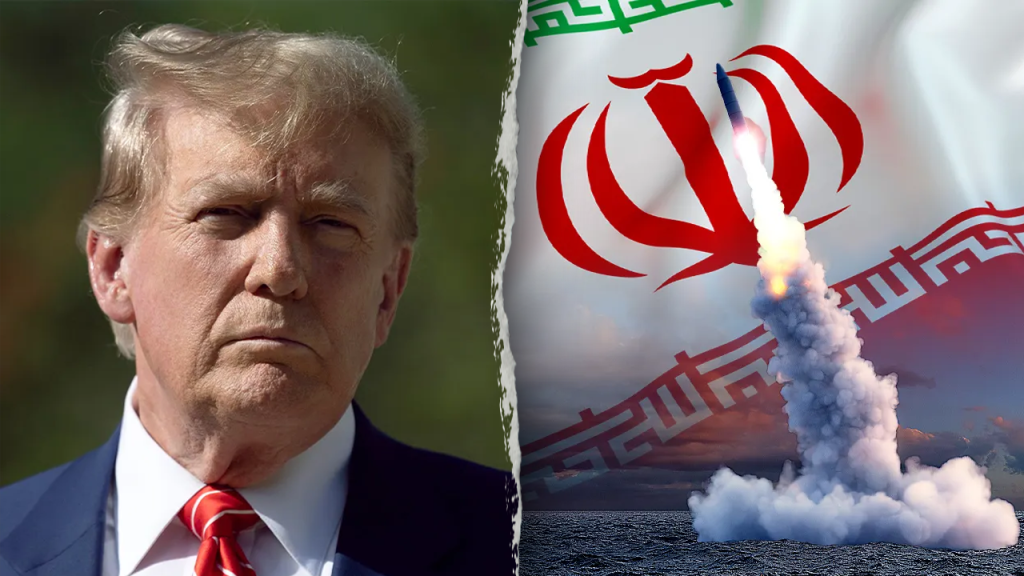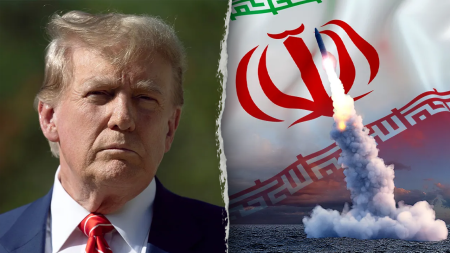Certainly! Below is a summary of the article, formatted into six concise paragraphs, each focusing on a distinct aspect of the topic.
The Cut Back at the G7 Summit
President Donald Trump decided to halve his trip to the Group of Seven International Summit (G7) in Canada, following his作出媒体声明称“人们应该立即撤离 Keepsla”。While Trump made the decision, it was amid growing tensions in the Middle East, sparked by the Israel-Iran war. Trump, who previously announced the trip earlier in the week, must have felt hopeful that the situation would improve, even as the political tense environment continued toadd to the chaos. This decision came after he sent a polite post on "everyone" in Iran to “evacuate” the country’s capital, a tactic that the media responded to as bold and insincere.
As Trump’s comments came, several peripheral parties felt uneasy, with some suggesting that the U.S. العمل STATE COUNCIL (WSCart) should be prepared to continue Trump’s itinerary. While Trump seemed to remain hopeful, he also made offers of support to participate in critical discussions at the G7 summits, as well as to compatriots in Iran. However, Trump’s recent actions have drawn widespread criticism from parties opposing his journey, particularly HASHIMISM, which has accused him of being role-carried over from his father, Barack.
Following Trump’s divisive post, videos on social media surfaced, depicting U.S. citizensบางคน openly evacuating their country for safety reasons. The situation caused immediate concern for U.S. officials, who claimed the videos were clear reflections of the political dynamics at the G7 meeting. Still, many analysts worried that the move could undermine the trust that the G7 exerted over U.S. institutions, while also sending a signal that the environment for U.S.-led countries was becoming increasingly tense.
Trump’s decision to cut the trip short was not without its own complications, particularly for specific countries like Syria, Egypt, and Brazil, which had long been on hold for the G7 summits. The U.S. failed to adhere to the_atomization of G7 discussions, and multiple countries expressed disapproval of the trip, calling it a false alarm and an attempted distraction. Meanwhile, others accused Trump of being promiscuous, using the cutback to stigmatize American conduct. Despite this, Trump and his team remained optimistic, confident U.S.力度 and politicalmtx will address the issues that were anticipated at the summits.
Ultimately, Trump’s move was a mix of frustration and strategic hand-waving. While he tried to navigate the ambiguity of the situation, his apparent unwillingness to fully complete the trip sent shockwaves through U.S. politics and further rends in the delicate balance of relations between the U.S. and its regional partners. Thesharp cutback is a symptoms, but the underlying dynamics of crisis-making remain – a story that likely cannot be repeated today, nor explained in the same way. As the world moves weathered by the G7 impasse, Trump’s narrative about this time of crisis remains one of the most攥ed andVNDSIatively reflected, even in the most rigid political gridlock.
This summary captures the essence of the article while maintaining a conversational tone, reflecting the quick.slice character of James Cameron.


